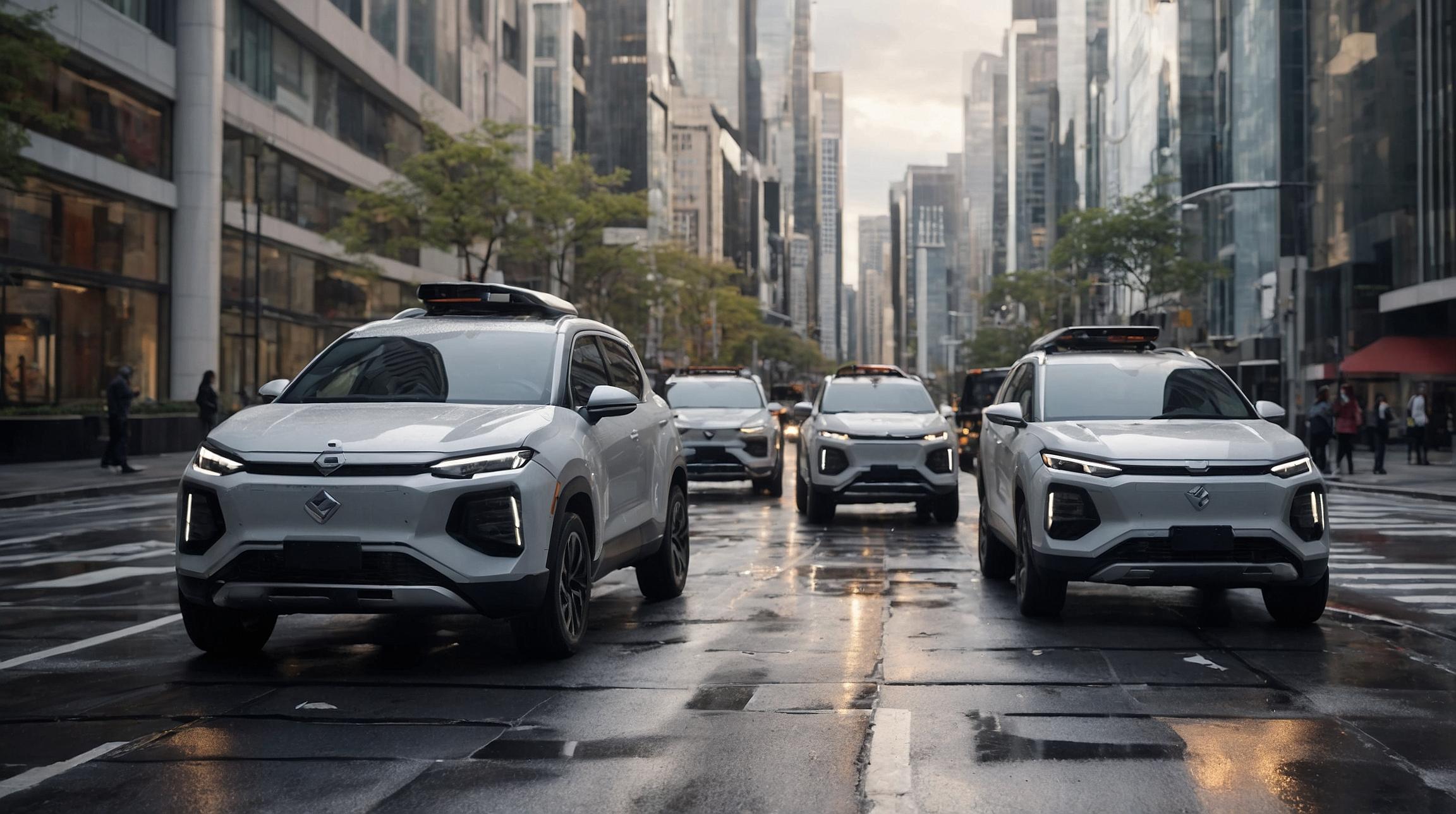Pothole Problem: A Costly Concern
Potholes have long been a bane for drivers, causing significant damage to vehicles and leading to hefty repair bills. A AAA study highlights that hitting a pothole costs drivers an average of $600 per repair, with total damages reaching $26.5 billion annually in the U.S. Cities face challenges in timely pothole repairs, often resulting in temporary fixes that don't last.
Artificial Intelligence: A Game-Changer
Emerging technologies in AI are now revolutionizing how cities manage road maintenance. Cities like Memphis, San Jose, and parts of Oregon are already using cutting-edge imaging technology attached to city vehicles to automatically detect and track potholes. This tech has enabled Memphis to locate and repair 63,000 potholes, a 75% increase in efficiency compared to traditional methods.
How Does AI Technology Work?
These systems utilize state-of-the-art sensors and imaging devices mounted on vehicles. As the vehicles traverse the city's roads, the devices take real-time images and use AI algorithms to identify potholes based on deviations in road surface textures. This data is then relayed to repair teams for swift action.
Potential in Hampton Roads and Beyond
While cities like Memphis are leading the charge, the Virginia Department of Transportation (VDOT) has not yet publicly planned to adopt this technology. However, VDOT is focused on integrating autonomous technology to enhance infrastructure control and situational awareness, suggesting a potential future adoption.
Beyond Potholes: Additional Applications
The benefits of this AI technology extend beyond merely detecting potholes. Some cities are also employing it to identify code violations such as overgrown vegetation, offering a comprehensive approach to urban management.
The integration of AI-driven solutions in infrastructure maintenance represents a significant step forward, promising more efficient and cost-effective management of urban environments.













